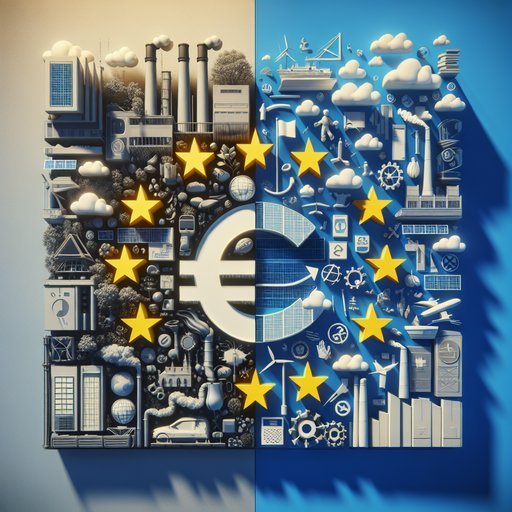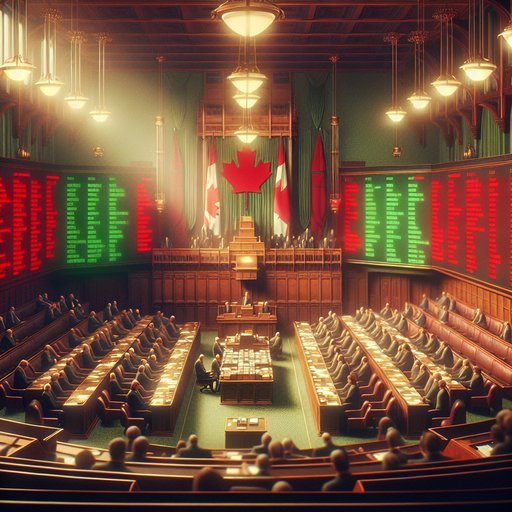
This week, the streets of Frankfurt came alive with the voices of thousands protesting against the Iranian regime. The demonstration, held on June 28th, showcased strong international solidarity with those fighting for democratic rights in Iran. Activists from across Europe joined forces as tensions in Iran continue to run high, drawing global attention once more to the struggles of the Iranian populace.

The recent NATO summit in The Hague ended with a joint declaration from member states affirming their commitment to mutual defense and cooperation. However, underlying tensions remain as some countries push for an expedited EU-US trade agreement to strengthen economic ties. As diplomatic leaders strategize on future alliances, the balance between security and economic policy continues to be a focal point.

In recent days, the United States has witnessed escalating tensions over immigration policy and enforcement. The Trump administration’s actions have drawn criticism, particularly for targeting immigration courts and detaining immigrants outside courtrooms [2]. Concurrently, the US Justice Department’s lawsuit against all Maryland federal judges over deportation orders underscores the administration's aggressive stance on immigration enforcement [6]. Meanwhile, advocacy groups express concern over the wider impact on families and businesses [1].

In a high-stakes meeting in Brussels, European Union leaders announced a fresh round of sanctions targeting Russia, emphasizing a firm stance amidst ongoing geopolitical tensions. The decision came as EU officials deliberated on a broad agenda including tariffs and Middle East policies. The sanctions aim to pressure Russia in response to recent military maneuvers perceived as provocative by EU member states [5].

In a landmark decision, Spain's Constitutional Court has backed a controversial amnesty law granting clemency to Catalan separatists involved in the push for independence. The ruling, delivered amidst heightened political tensions, aims to foster dialogue and reconciliation within the deeply divided nation [3]. However, the decision has polarized political opinion, with proponents hailing it as a step toward national unity and critics expressing concerns about the implications for Spain’s legal integrity.

The recent NATO summit in the Netherlands, characterized by its 'transformational' and 'historic' outcomes, has set a new direction for the alliance's future. With significant focus on defense spending and operational readiness, the member countries have pledged to enhance their military budgets to confront emerging global threats [1]. This development marks a pivotal shift in how NATO plans to operate amidst changing geopolitical dynamics.

The recent political developments following Zohran Mamdani's victory in the Democratic primary have set off a whirlwind of debate, highlighting deep-seated ideological divides within U.S. politics. As both left and right-wing narratives crystallize, public discourse is increasingly polarized, with each faction attempting to frame the incoming political landscape in terms most favorable to their constituents.

In a historic departure from tradition, South Korean President Lee Jae Myung has nominated a civilian, a liberal lawmaker with five terms under his belt, as the new defense minister. This significant appointment marks the first time in 64 years that a civilian will hold this position, setting a bold new course for the country's defense policies and signaling a potential shift toward more civilian oversight in military affairs.

In a significant twist to European environmental policy, the European Union's decision to abandon its anti-greenwashing rules has ignited a heated discussion across political lines. Originally set to regulate misleading green claims, the directive faced staunch opposition from right-wing lawmakers who successfully pressured the EU executive into shelving the initiative. This debate not only underscores a critical moment for sustainable regulations but also highlights the growing ideological rift within legislative processes across Europe and beyond.

As the U.S. Senate navigates the turbulent waters of President Donald Trump’s proposed budget bill, key provisions remain under intense scrutiny. The Senate parliamentarian recently deemed a controversial clause that sought to shield Trump from lawsuits as impermissible, turning attention back to core financial concerns. Within this backdrop, debate rages over the bill's implications on immigration enforcement, healthcare, and the national deficit.
























